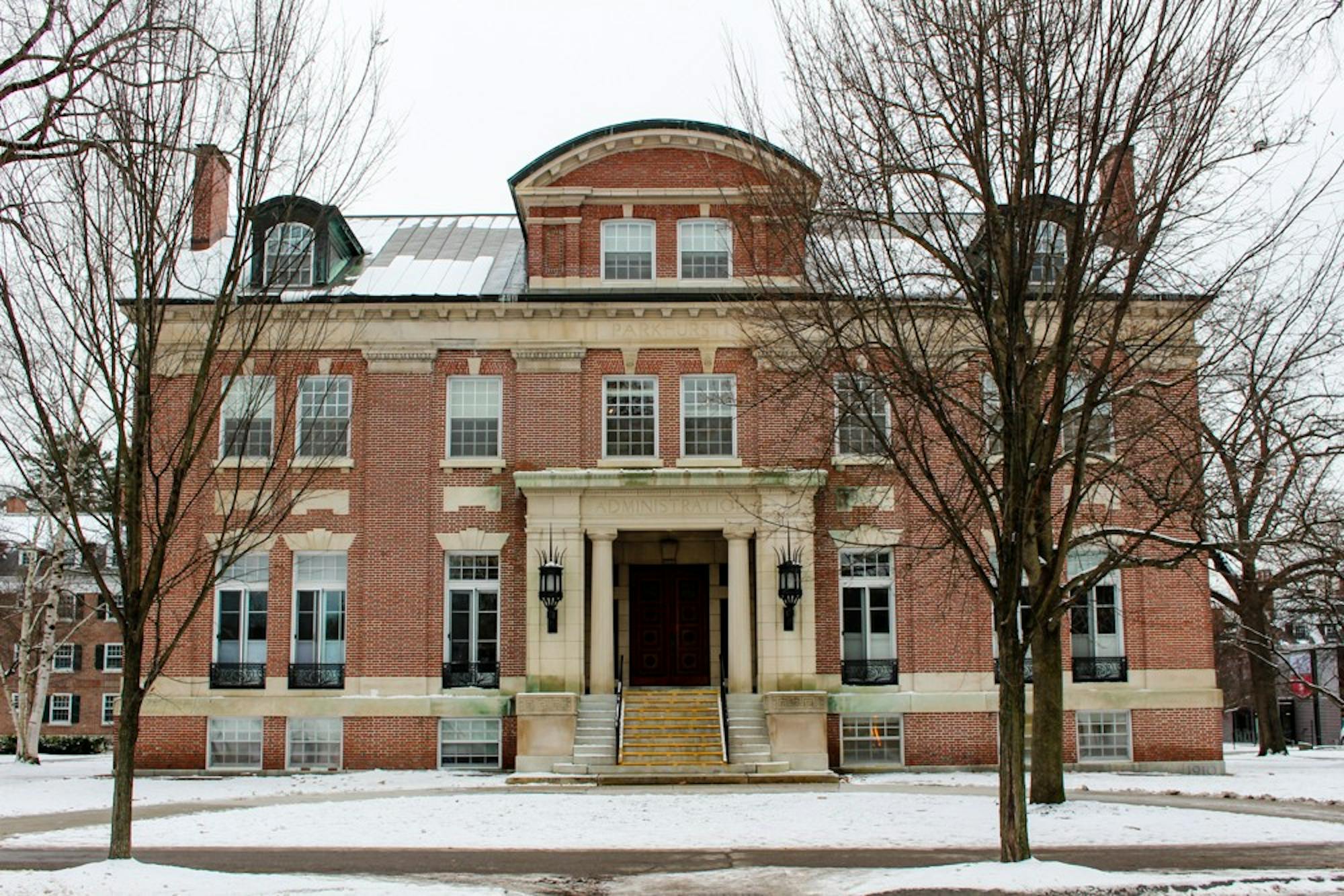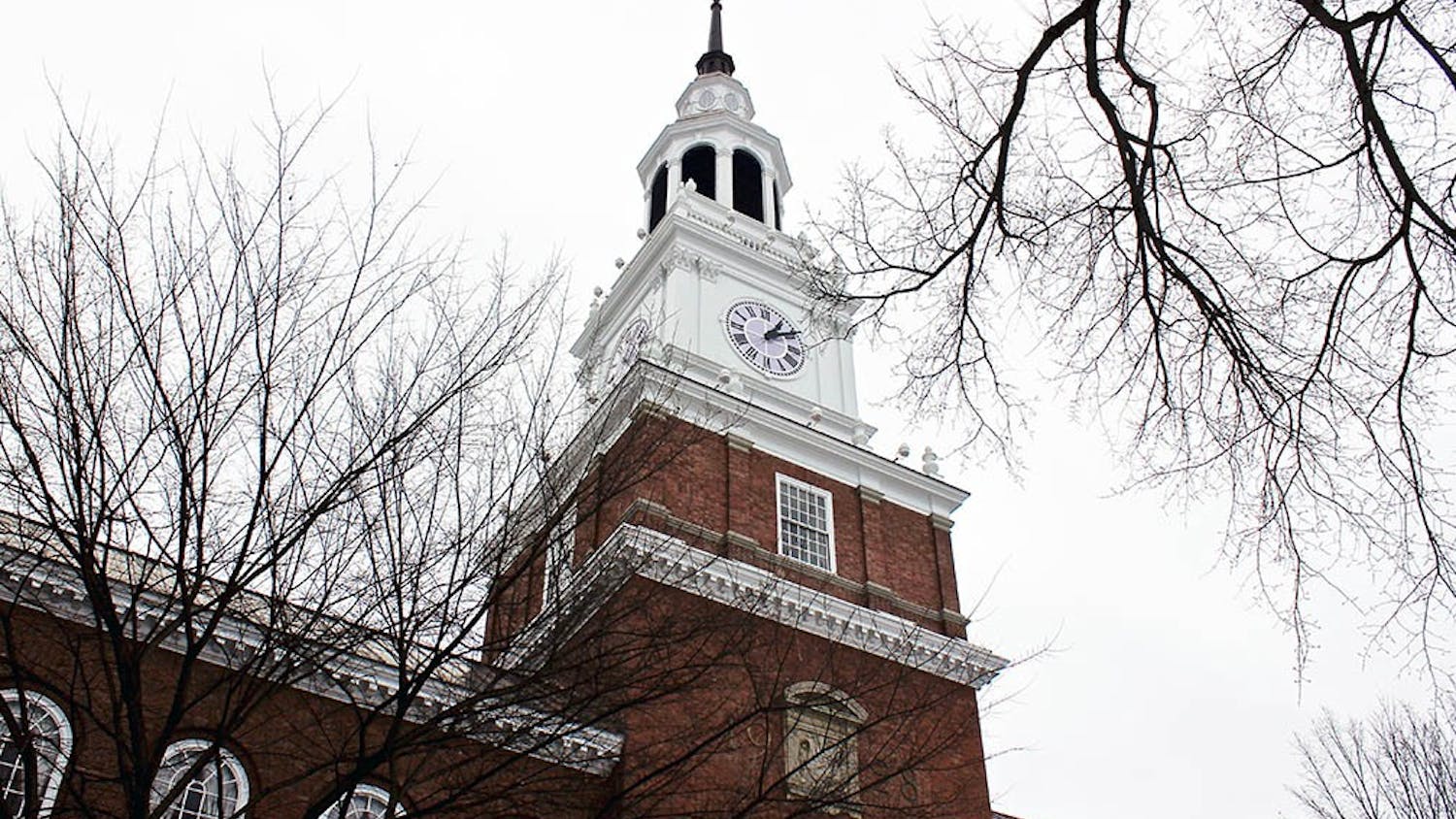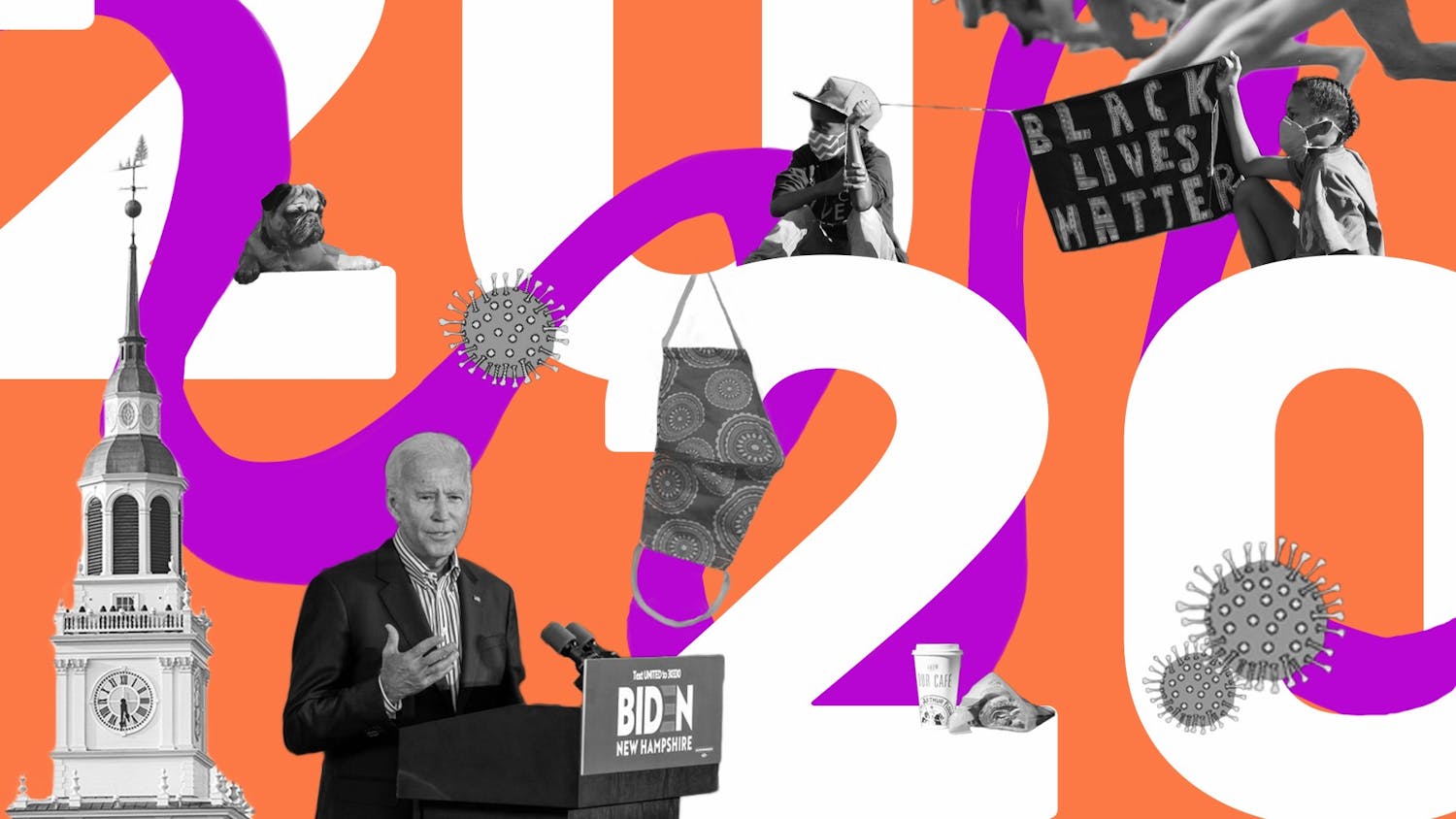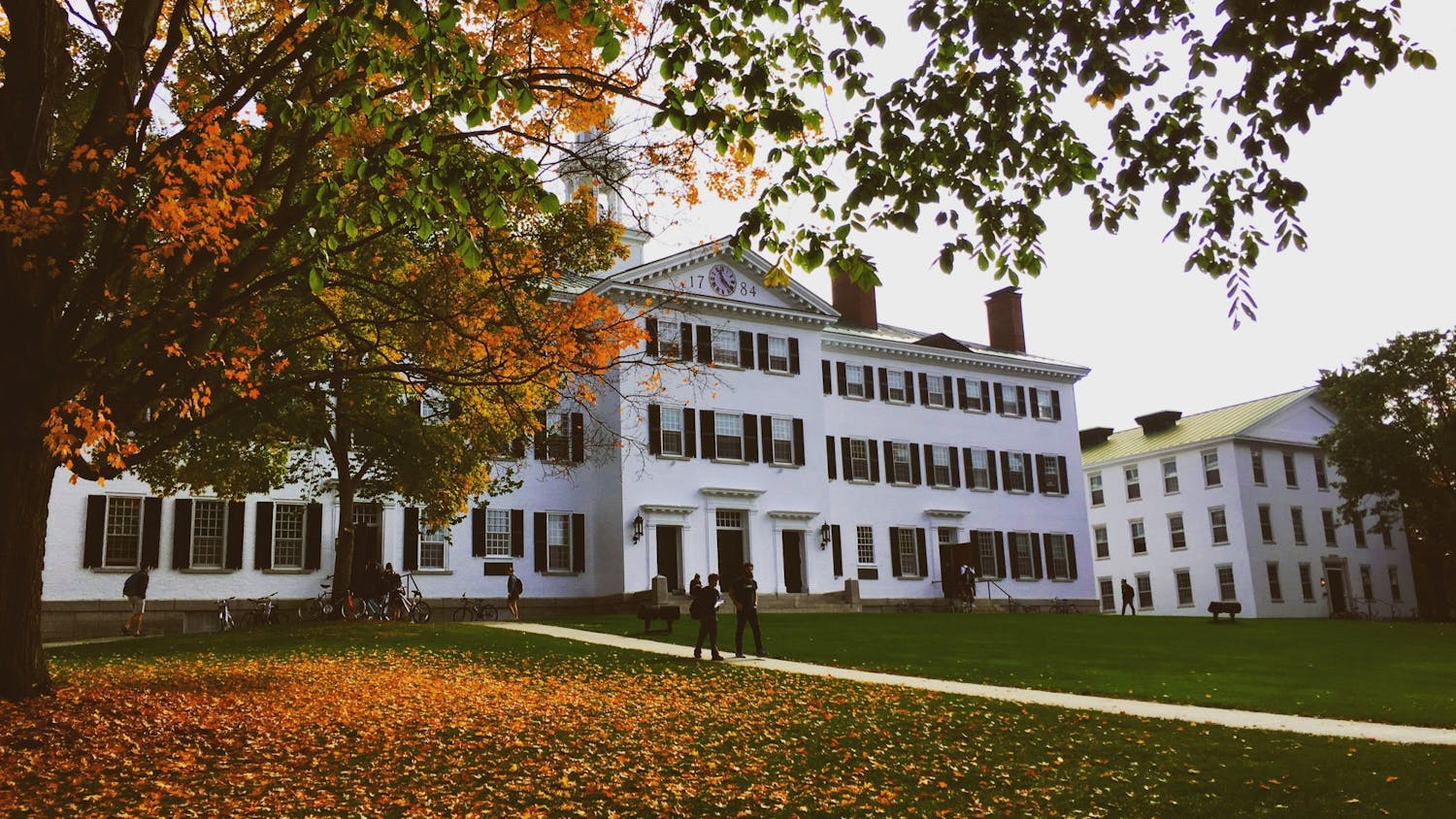As Dartmouth kicks off winter term virtually, some colleges have made adjustments to their own winter term plans amid a rise in nationwide COVID-19 case counts. Multiple institutions have announced changes to their academic planning, including eliminating spring breaks and altering the start dates of spring semester.
All Ivy League institutions have brought, or plan to bring, a limited number of students back to campus. Harvard University, which will start its spring semester on Jan. 25, intends to use its entire residential housing stock of 3,100 individual student bedrooms and prioritize inviting upperclassmen back to campus. Similarly, Columbia University prioritized bringing back seniors and nearly doubled its residential undergraduate population to about 1,800 students for its spring semester, which began Jan. 11.
The University of Pennsylvania will open its on-campus housing and give priority to freshmen, sophomores and seniors, and Yale University will invite sophomores, juniors and seniors to live on campus or in the local area. Princeton University will bring back all enrolled undergraduate students to campus for the spring semester, while Brown University plans to allow “a larger number” of undergraduates to return to campus than it did during the fall semester, housing 3,176 students in single rooms. Cornell University will welcome students to campus in the spring semester as it did last fall.
Meanwhile, other colleges have reversed their previous decisions. Stanford University canceled its plans to allow freshmen and sophomores to reside on campus for the winter after a spike in campus cases. Similarly, local COVID-19 restrictions led Santa Clara University to scrap its plan to bring back nearly 1,000 undergraduate students for the winter quarter. Both Stanford and Santa Clara are in California’s Santa Clara County, which remains under lockdown, with most nonessential businesses closed. Over the past seven days, the county has reported an average of 1,383 new cases per day, a 29% increase from two weeks ago.
Comparing Dartmouth’s situation with Stanford’s, Provost Joseph Helble explained that the local regulations in place in New Hampshire and Vermont are not as strict as those in Santa Clara County. He added that if state regulations changed, Dartmouth would have to abide by them, but the College “still [has] the flexibility to move forward as planned” as of now.
Dartmouth’s planning for winter term has also seen changes in recent weeks. In a Dec. 7 campus-wide email, College Provost Joseph Helble announced that the College would delay arrival dates for students returning to campus in the winter, citing an anticipated post-holiday surge in COVID-19 transmission.
Helble’s announcements came amid a growing number of cases in the Upper Valley and a spike in positive tests in the Dartmouth community. As of Thursday, when Dartmouth’s COVID-19 dashboard was last updated, 27 students, faculty and staff are currently COVID-19 positive, and the pre-arrival test positivity rate stands at 1.42%. Last week, the College also reported a three-person COVID-19 cluster off campus.
Like Dartmouth, some other colleges modified their academic year schedule by delaying start dates and altering breaks. Yale will delay its semester start date from mid-January to Feb. 1, while Columbia has moved its start date a week earlier, to Jan. 11. Additionally, Harvard, Yale, Brown, Penn and Cornell will shorten or cancel spring breaks and distribute break days throughout the semester to reduce the risks of traveling.
Some colleges that operate on a quarter system also adjusted their academic calendars in an attempt to reduce virus transmission. The University of Chicago, for example, moved its winter quarter from Jan. 4 to Jan. 11 and discouraged students from traveling over its shortened spring break.
On Wednesday, citing increasing COVID-19 numbers, Helble wrote in an email to students approved to be on campus for the winter that the College may tighten restrictions for winter term should case numbers continue to rise. Potential measures include reduced access to outdoor activities and moving Dartmouth’s few in-person classes to remote instruction. Only eight courses were planned to be taught fully in person during winter term, beginning after the two-week quarantine period.
Most Ivy League universities will provide a combination of remote, in-person and hybrid instruction — with the exception of Harvard, which is only offering remote courses. Brown will cap the size of its in-person classes at 19 students, while Penn’s president Amy Gutmann wrote in a campus-wide email that she expects to see a “modest increase” in in-person instruction compared to the fall semester. Cornell plans for slightly more than one third of spring courses to be taught in person, an increase from the less than 1% of classes taught in person in the fall semester, after finding no evidence of classroom-based transmission for both students and faculty in the fall.
Many colleges in New England remain committed to bringing students back to campus, and unlike Dartmouth, increasing in-person opportunities in the classroom. Middlebury College plans to offer 53% of its courses with some in-person components. Similarly, Bowdoin College will offer 30% of its spring semester classes with in-person components, with half of those entirely in-person. At other colleges, in-person classes will be offered primarily to provide hands-on or clinical experiences. The University of California, Los Angeles will provide a limited number of in-person or hybrid courses necessary to “train students for essential workforce positions,” Provost Emily Carter wrote in press releases.
Elizabeth Janowski contributed reporting.




